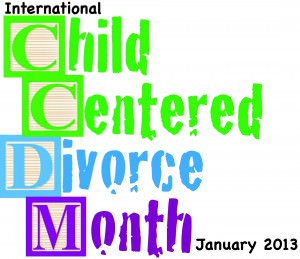If you’re a parent coping with divorce-related issues, professionals around the world are here to provide free gifts and services to you all through January. In recognition of International Child-Centered Divorce Month, we’ve enrolled child-centered divorce mediators, divorce coaches, therapists, financial planners and other professionals on four continents to join this educational campaign. Their goal is to share insights, advice, tips and tools to help you create the most positive outcome for your family as you transition through divorce and beyond.






